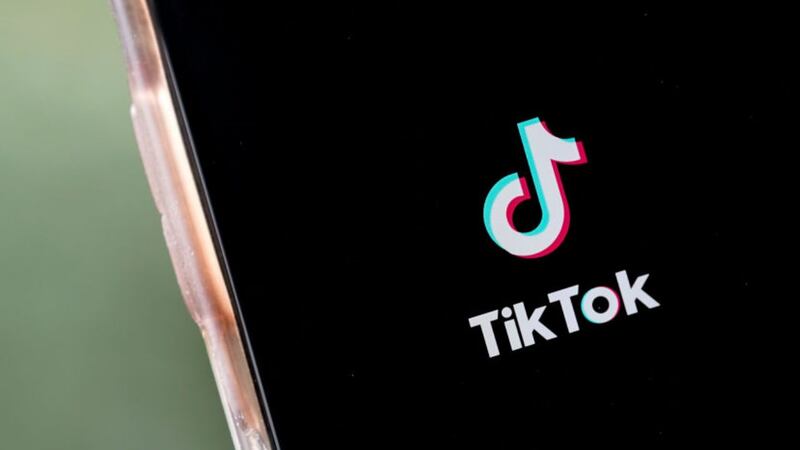Facebook, Twitter, Instagram, TikTok and the list of social media sites continues to grow.
Many kids and adults on are their phones constantly and doctors say kid’s brains react to social media addictions the same way as if they were addicted to drugs.
WHIO-TV’s sister station KOKI-TV investigated the discovered that young people’s social media habits have led to vandalism, assault and more.
Dr. Martin Paulus, who is a psychiatrist with the Laureate Institute for Brain Research said a team is studying the teenage brain and the side effects of social media. He shared some scary comparisons.
>> FedEx, UPS release 2021 shipping deadlines ahead of holiday surge
“Social reward which is essentially what social media capitalized on is activating the same brain systems that drugs like cocaine or meth activate.”
In fact, Paulus said a child’s brain on social media is the same as someone addicted to drugs. The addictive process gives a jolt to the brain.
With any addiction, the brain releases dopamine, which happens when someone experiences pleasure and creates and award system for things like drugs, food or, in this case, social media.
“The currency for social reward like the number of likes or the number of followers or the number of comments you’re getting for a post that is essentially the social currency people strive for,” Paulus said.
However, that social media currency can come with a cost with some of the social media challenges like fines form the school or court fees. The list released by local school districts shows different TikTok challenges happening each month.
Lacey Lee, who is a parent, said, “It’s concerning. I know there are children out there who are possibly facing charges for some of these challenges they did and that’s scary as a parent.”
In September, the Hit a Devious Lick Challenge showed students destroying school bathrooms. The knocked down soap dispensers, kicked urinals off the walls and stole technology from teachers.
Megan Jackson, a middle school principal, said, “It’s theft, vandalism and damage of property.”
Jackson said its happening across her district and handed out hefty consequences.
“Including in school and out of school suspension and restitution,” Jackson said.
>> VIDEO: Driver critical after highway shooting near Cincinnati
According to Paulus, some kids are so addicted to social media, they think of it as a game. They don’t consider the potential consequences.
“The line between what you’re experiencing in real world and clearly wrong and what you’re doing for a game on a social media platform online become blurry and unclear,” Paulus said.
He said researchers are still studying the teenage brain to learn the long-term effects from social media addiction. He said addiction to social media may lead to more addictions. KOKI-TV reached out to TikTok’s communication team and they said the following:
- Kids screen time should be limited. They have features that remind younger user to get off the app and do another activity.
- Parents can set up age-appropriate privacy settings and control. You can link your teen’s account to yours so you can monitor them and you can set up age-appropriate content for kids younger than 13.
- TikTok said challenges like the Devious Lick go against guidelines and have been removed.
Here are some things that parents can do:
- Dr. Paulus said sit down with your kids and look at their social media accounts together.
- Remind them about the dangers of taking part in challenges.
And, no matter what they see on social media, right is right and wrong is wrong and they will face consequences if they do the wrong thing.
©2021 Cox Media Group






